The US describes the elections in Syria as a "farce" 3:41
(CNN) ––
A court in Germany has sentenced a former Syrian army colonel to life in prison without the possibility of parole, in the first torture trial against the regime of President Bashar al-Assad.
Anwar Raslan, a senior regime official, led the investigative unit at a prominent Damascus detention center known as Branch 251. On Thursday, he was found guilty on all charges against him.
The court declared him co-author of at least 4,000 cases of torture, 27 murders and two cases of sexual assault.
Anwar Raslan (left) arrives in a courtroom in Koblenz, West Germany, on January 13, 2022 for the last day of the trial in which he was sentenced to life in prison.
The judges described the crimes as systematic and part of the practices that the Assad regime carried out for decades.
A historic condemnation of the Assad regime
The court decided that Raslan would not have the possibility of an early release from prison.
The European Center for Constitutional and Human Rights, which represented the joint plaintiffs, initially reported they convicted him on 30 counts of murder and five cases of sexual violence, before reviewing its figures.
The other defendant in the Raslan trial, Eyad al-Gharib, a junior official who also served at the facility, was convicted in February 2021 of aiding and abetting torture and imprisonment as crimes against humanity.
He is currently serving a four and a half year sentence.
advertising
Raslan is the highest-ranking official in the Assad regime who is convicted of torture, extrajudicial killings and sexual violence, believed to be systematically committed by members of Assad's forces.
He defected from the Syrian regime in 2012 and fled the country.
He also denied all the charges against him.
"A victory for the victims"
Joumana Seif, a Syrian lawyer who is part of the plaintiffs' legal team, was one of the people who waited outside the court from 6 am to hear the verdict.
"It's a real acknowledgment of [the survivors'] suffering," he told CNN when news of the conviction broke.
Her voice was broken by what she described as tears of joy.
"Hopefully this will restore his faith in justice."
Yasmen Almashan, a Syrian activist, waits outside the courthouse in Koblenz, western Germany on Thursday.
"[The life sentence] was the least we could have done for them," said Yasmen Almashan, pointing to photos of her five brothers who disappeared in Assad's prison system.
"This is just the first step on a long road to justice."
"I am happy because this is a victory for justice," said Anwar al-Bounni, a Syrian human rights lawyer and former political prisoner.
"I am happy because it is a victory for the victims sitting inside [the courtroom]. I am happy because it is a victory for the victims in Syria who could not get here," he added.
The landmark ruling comes as the Assad regime -- accused of killing thousands of civilians with conventional and chemical weapons -- has been mending diplomatic ties with former regional enemies such as the United Arab Emirates and Saudi Arabia.
The United States and the European Union have criticized their Arab allies for accepting Assad in the region.
But, they have also said they can do little to stop the rapprochement.
Syrian activist Samaa Mahmoud displays a photo of her uncle, Hayan Mahmoud, as she and others wait outside the courthouse in Koblenz, West Germany, on Thursday.
"Maximum pain"
The court in the German city of Koblenz heard nearly 100 testimonies, according to lawyers representing the plaintiffs.
Several torture survivors at Branch 251 took the stand and came face to face with their alleged assailant.
They made detailed accounts of physical and psychological abuse.
Also from severely overcrowded cells where they were deprived of food, water and medical treatment.
An unidentified witness described her being examined naked and beaten in the detention center. She detailed her encounter with Raslan after she was taken away with her clothing torn from the assault. She indicated that he ordered her blindfold removed and offered her coffee. The next day she was transferred to another district and released. This according to a summary of her interactions with Raslan prepared by the European Center for Human and Constitutional Rights.
Wassim Mukdad, another of the plaintiffs and a Syrian musician living in Berlin, said he was beaten on the soles and heels of the feet and knees during questioning. "They knew exactly how to inflict maximum pain," he told the court.
Raslan (right) gestures in the Koblenz courtroom, after his sentencing,
In their closing statements, the plaintiffs made emotional speeches.
During their remarks, they praised the court and rebuked Raslan for denying the charges against him.
More than 100,000 people are believed to have been abducted, detained or disappeared in Syria, the United Nations said.
And one of the plaintiffs criticized the judicial process for excluding enforced disappearances from the charges.
Plaintiff Hussein Ghrer recalled that his captors at the detention center said he would "disappear behind the sun."
He told the court that for his loved ones he was like Schrödinger's cat, appearing alive and dead at the same time.
He said he was "banished from life without dying."
"Regardless of how long [Raslan] will be in prison, he will have a watch near him, he will see the sun and he will know when it rises and when it sets," Ghrer told the court.
"He will have medical attention when he needs it, and he will receive visits from family members who will know how he is, just as he will know how they are."
Condemnation culminates decades of evidence against Assad regime
Raslan's trial is seen as the culmination of nearly a decade of evidence collected by activists and lawyers seeking to hold the Assad regime accountable for alleged war crimes and crimes against humanity.
In the early years of Syria's turmoil that led to war, which began in 2011, volunteers known as "document hunters" smuggled hundreds of thousands of documents out of abandoned regime facilities.
Many said they braved an avalanche of bullets and rockets to obtain documents that served as evidence in investigations against the regime.
In 2013, a defector whose code name was Caesar smuggled tens of thousands of photographs of prisoners allegedly tortured to death in Assad's jails.
The images were also part of the evidence in the historical trial.
Attorney Patrick Kroker, center, and plaintiffs Wassim Mukdad, left, and Hussein Ghrer, right, answer questions from journalists outside the court in Koblenz, Germany, at the start of the trial in April 2020.
Lawyers and activists have pledged to continue to seek the prosecution of current and former regime officials implicated in crimes.
In Germany, Raslan and Gharib were arrested under the principle of universal jurisdiction.
It grants a state jurisdiction over crimes against international law, even if they did not occur within that state.
The Commission for International Justice and Accountability (CIJA) also presented evidence in court.
And he welcomed what he described as a "historic condemnation" on Thursday.
In that sense, he said it was "a critically important measure of justice for the survivors and victims of the Syrian regime."
"As our investigators continue to collect evidence of Assad's atrocities and track down regime officials in Europe, we hope to see more such trials in the near future," the CIJA statement said.
"Our thoughts are with our Syrian colleagues whose selfless underground work behind the scenes of the world's most dangerous conflict continues to fuel investigations and trials in Europe," they added.
Why doesn't the process take place in the International Criminal Court?
The Syrian regime cannot be tried in the International Criminal Court because it is not part of it.
Syria could be investigated by the ICC if the United Nations Security Council refers it.
But, Russia and China blocked an earlier attempt to do so.
In July 2021, a German prosecutor accused a Syrian regime doctor, Alaa Mousa, of burning the genitals of at least one prisoner.
His trial begins in Frankfurt this month.
"We all agree that this can only be a first step," Patrick Kroker, a lawyer for the European Center for Constitutional and Human Rights who represents the joint plaintiffs, told a news conference Monday.
"There are international arrest warrants still pending against people of higher rank and we expect and demand that they be executed.
"There will be no safe haven in the world for these people," he said.
War crimes Crimes against humanity Bashar al-Assad regime

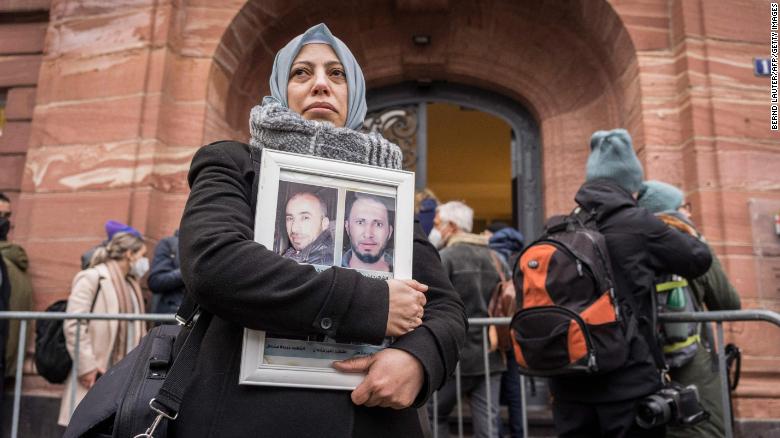
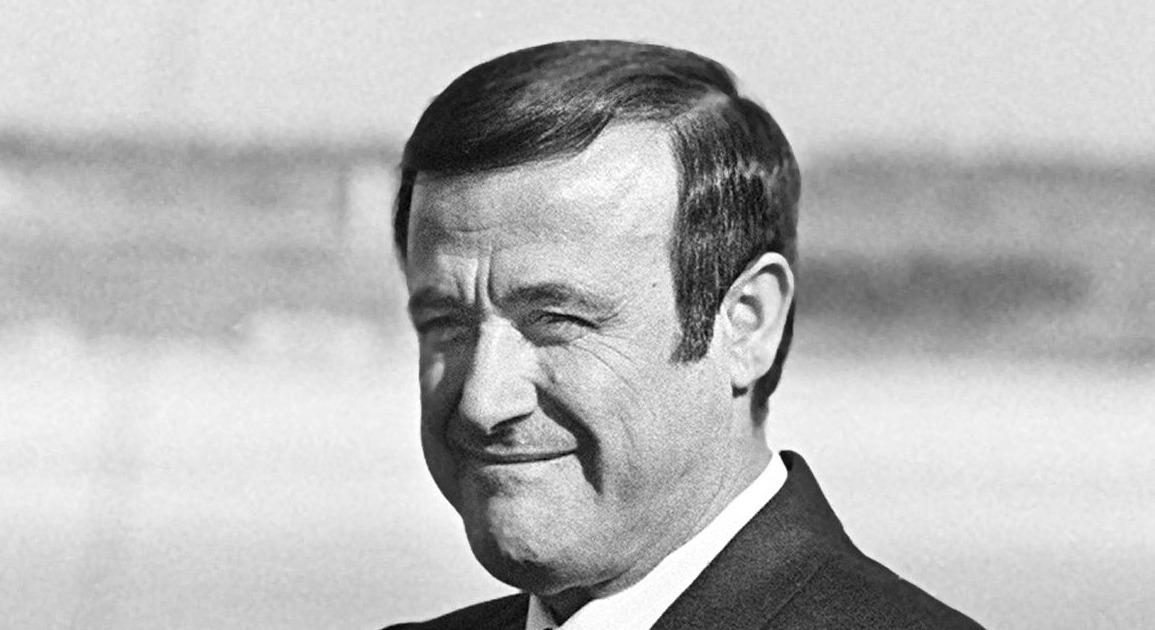
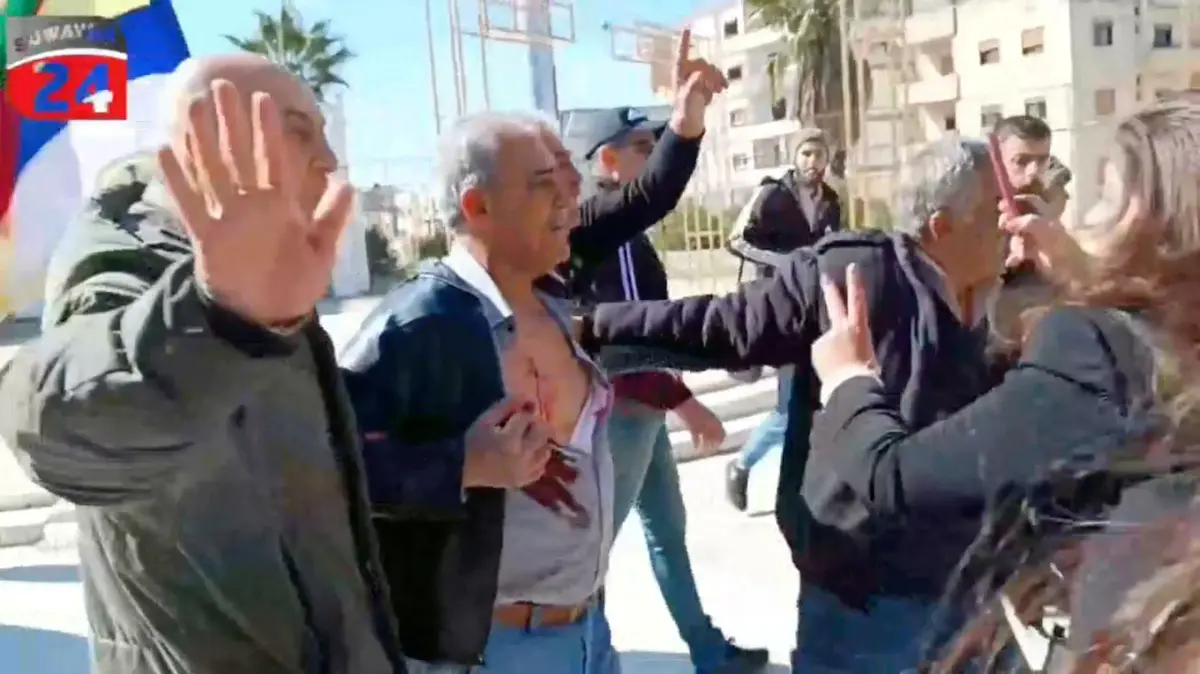
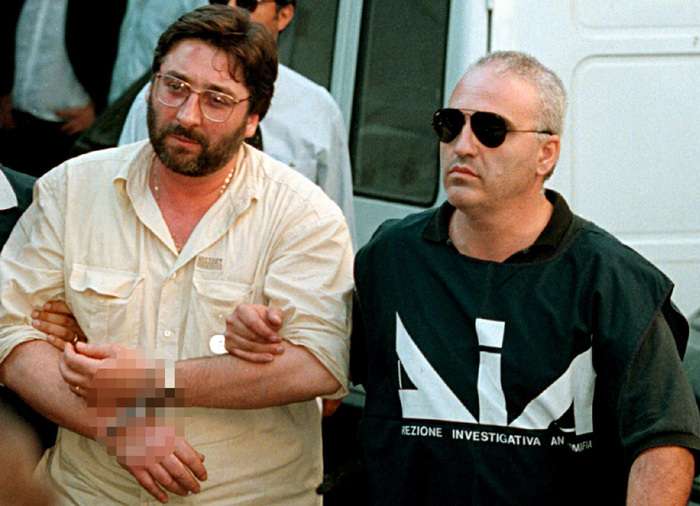

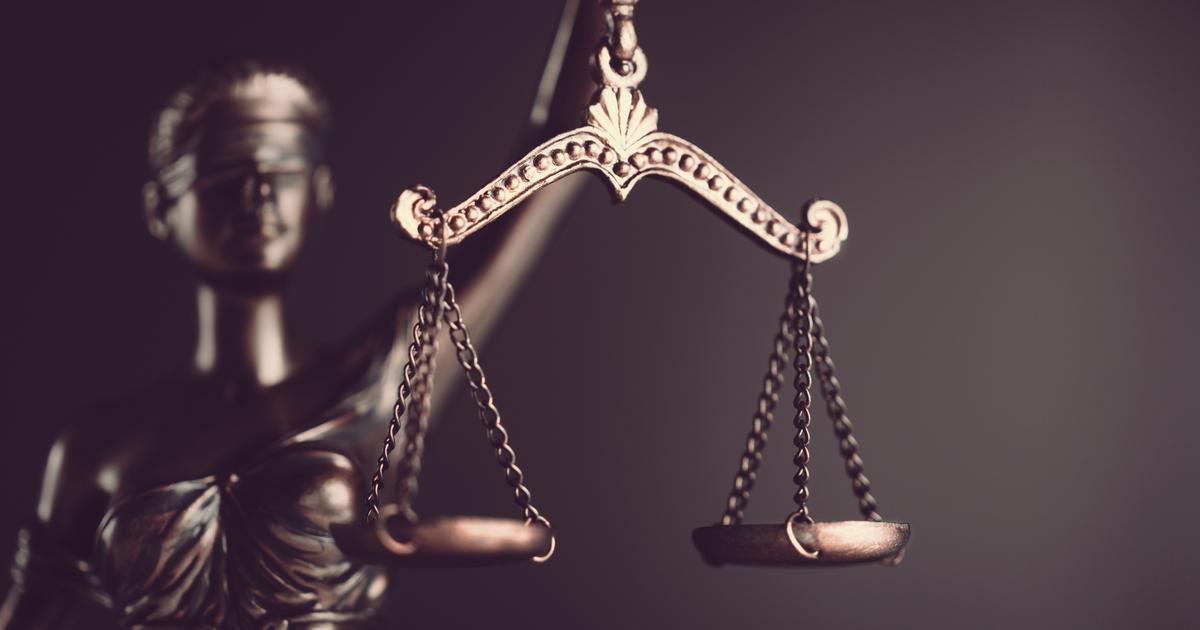
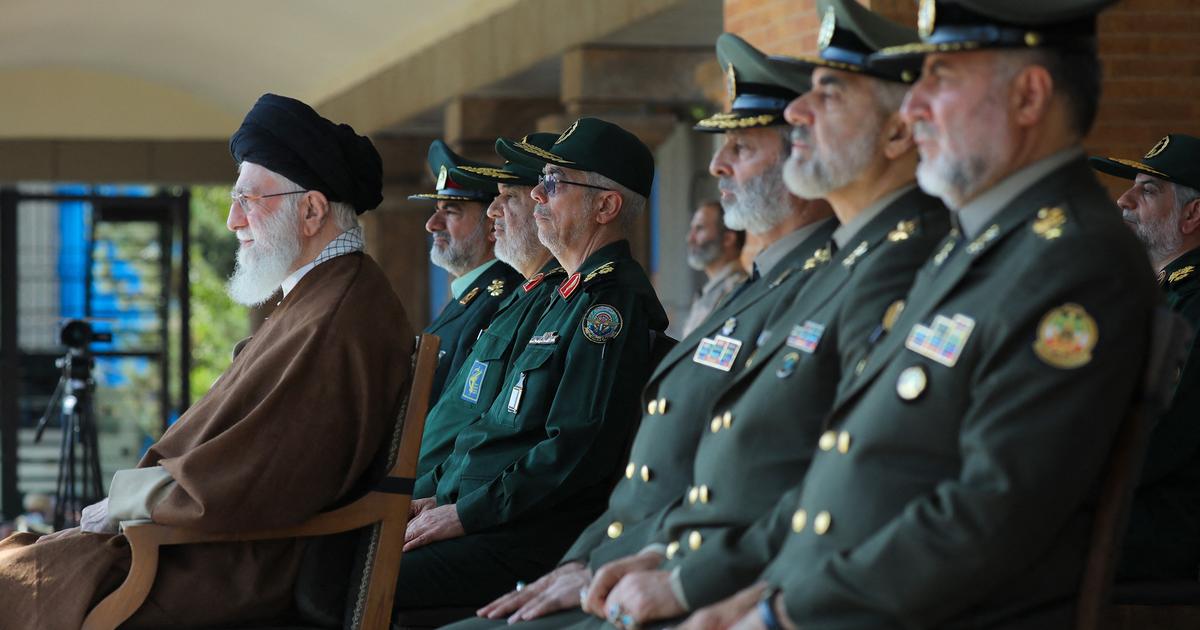

/cloudfront-eu-central-1.images.arcpublishing.com/prisa/KMEYMJKESBAZBE4MRBAM4TGHIQ.jpg)



